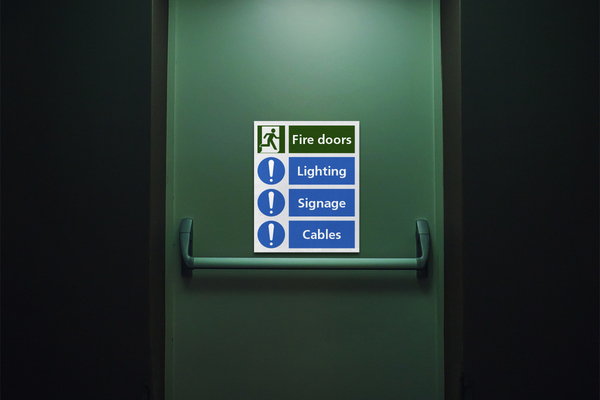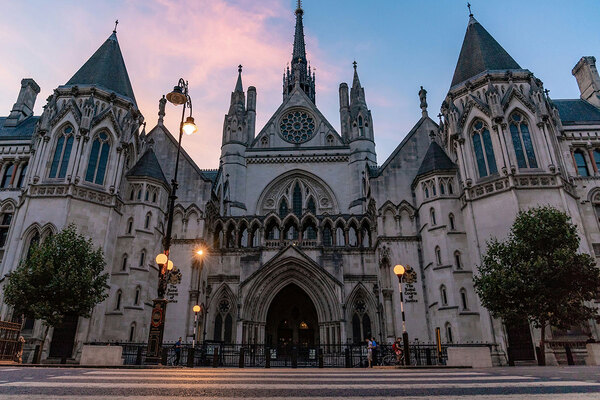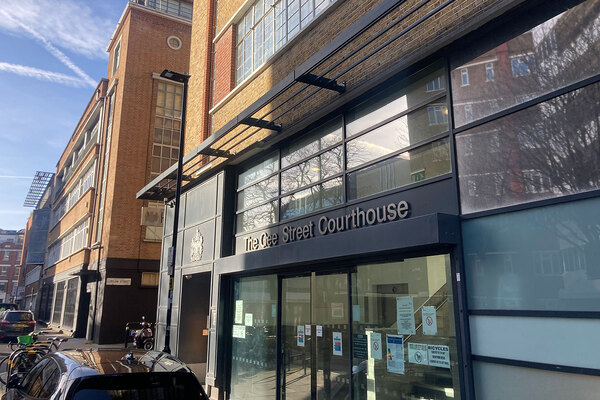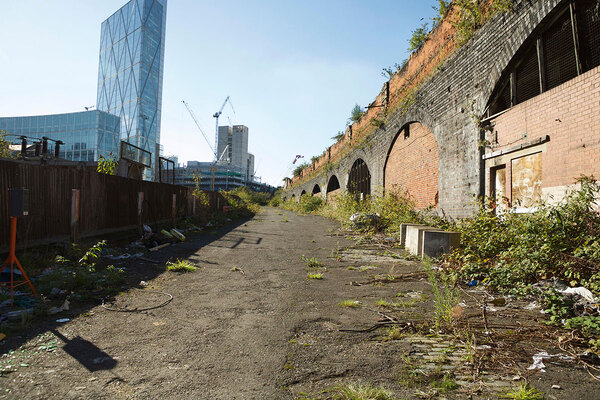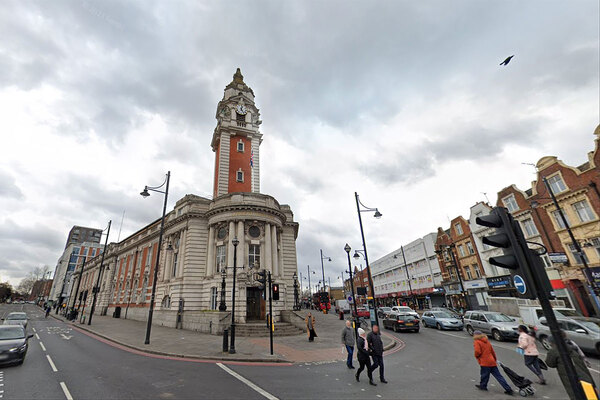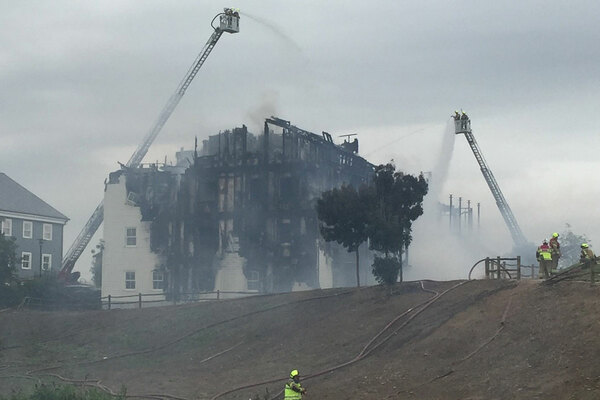You are viewing 1 of your 1 free articles
Council warns enforcement powers may not be ‘wide enough’ to take action against private landlords
Council enforcement powers to take action against private landlords may not be “wide enough” to tackle fire hazards in private tower blocks, Manchester Council has warned.
The government has told councils that if private tower block owners do not respond to requests for information about their blocks, or if they fail to have potentially dangerous cladding tested, then the council can take enforcement action using powers under the Housing Acts. It has declined to provide funding for this work.
But an official’s report to a Manchester Council meeting today said there is a “clear understanding” within private sector housing enforcement teams across Greater Manchester that the legislation “is not the most appropriate to use to try and enforce fire safety issues relating to cladding and common parts in high-rise buildings”.
The report added: “This view is reinforced by Greater Manchester Fire and Rescue Service who believe that the Fire Safety Order regulations are much more appropriate powers and are likely to lead to positive results more quickly. There are, however, concerns that the powers held by the fire and rescue service are not wide enough to tackle all potential fire hazards.”
Manchester Council has written to the owners of 215 privately owned tower blocks. For 91 of these, the owners have failed to respond to requests for more information from the council.
The council said that with buildings that are more than a year old, an enforcement notice to meet building regulations “would be of no effect to bring about an action to remove cladding”.
Any buildings that have been given an approved inspector’s final certificate cannot be issued with an enforcement notice or have a prosecution brought, council officials added.
The council said it is also a struggle to work out who has responsibility for private blocks because the “complex nature” of leasehold ownership “means that there may be a number of responsible persons”.
A spokesperson for the Local Government Association said councils “continue to work hard to try and confirm with the owners of thousands of other private high-rise residential buildings whether they have [aluminium composite material] cladding systems or not”.
They added: “This continues to be a major piece of work and not without its complications. For example, in some instances it may not always be easy for the building owner to be identified and often the only way to definitively identify which type of cladding is on a building is to test it.
“Central government needs to fully fund the costs incurred by councils in conducting this vital safety work, and any follow-up action needed to ensure residents in high-rise blocks are safe.”
